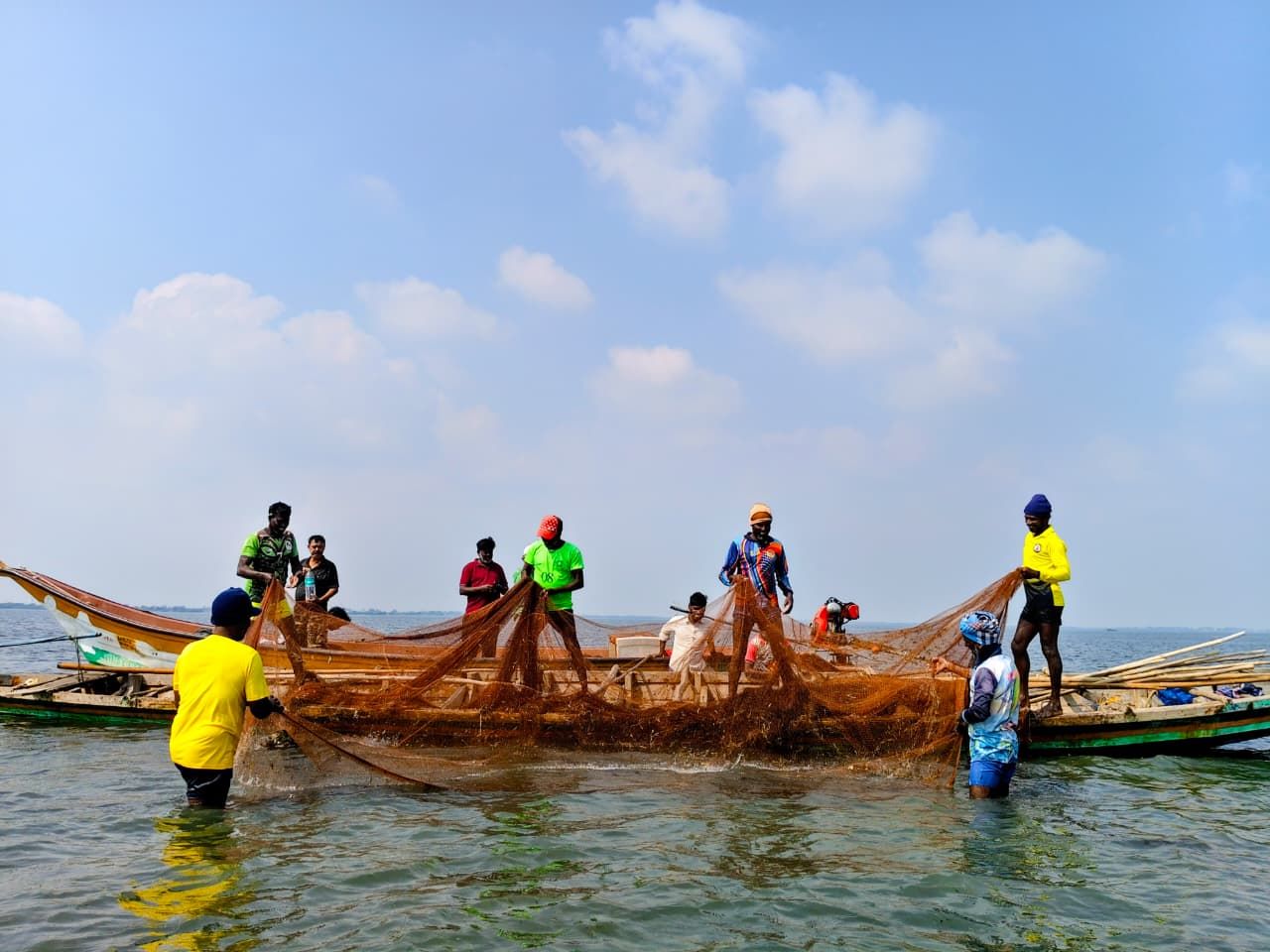Overview
Publications
Recruitment
Intranet
CIFRI Corners'
Pulicat Lake, Andhra Pradesh and Tamil Nadu
Pulicat Lake, the country's second-largest brackish water lagoon, supports a rich biodiversity and provides livelihood, income and food security besides sustaining associated sectors like seafood handling, processing, and trading.
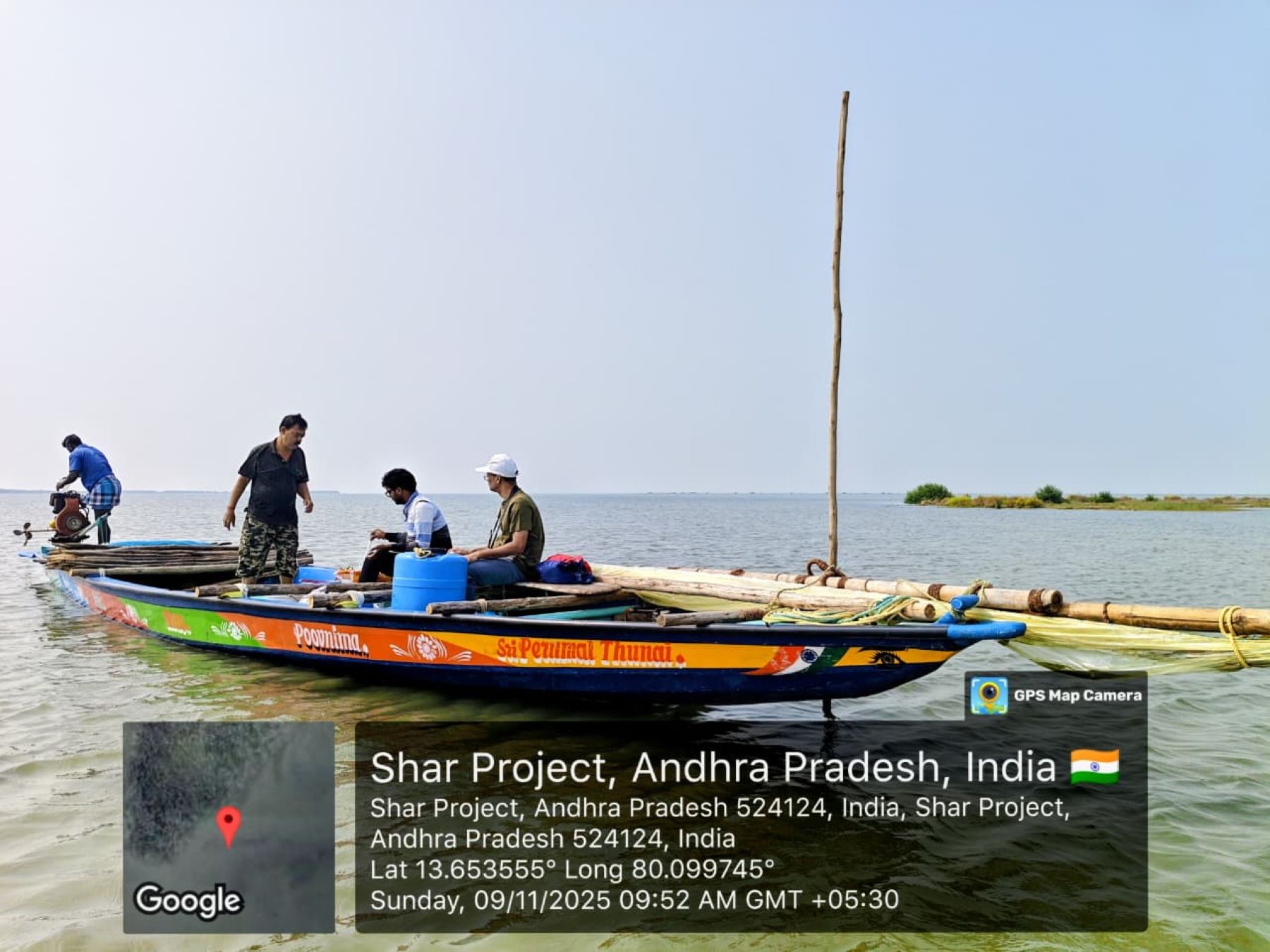
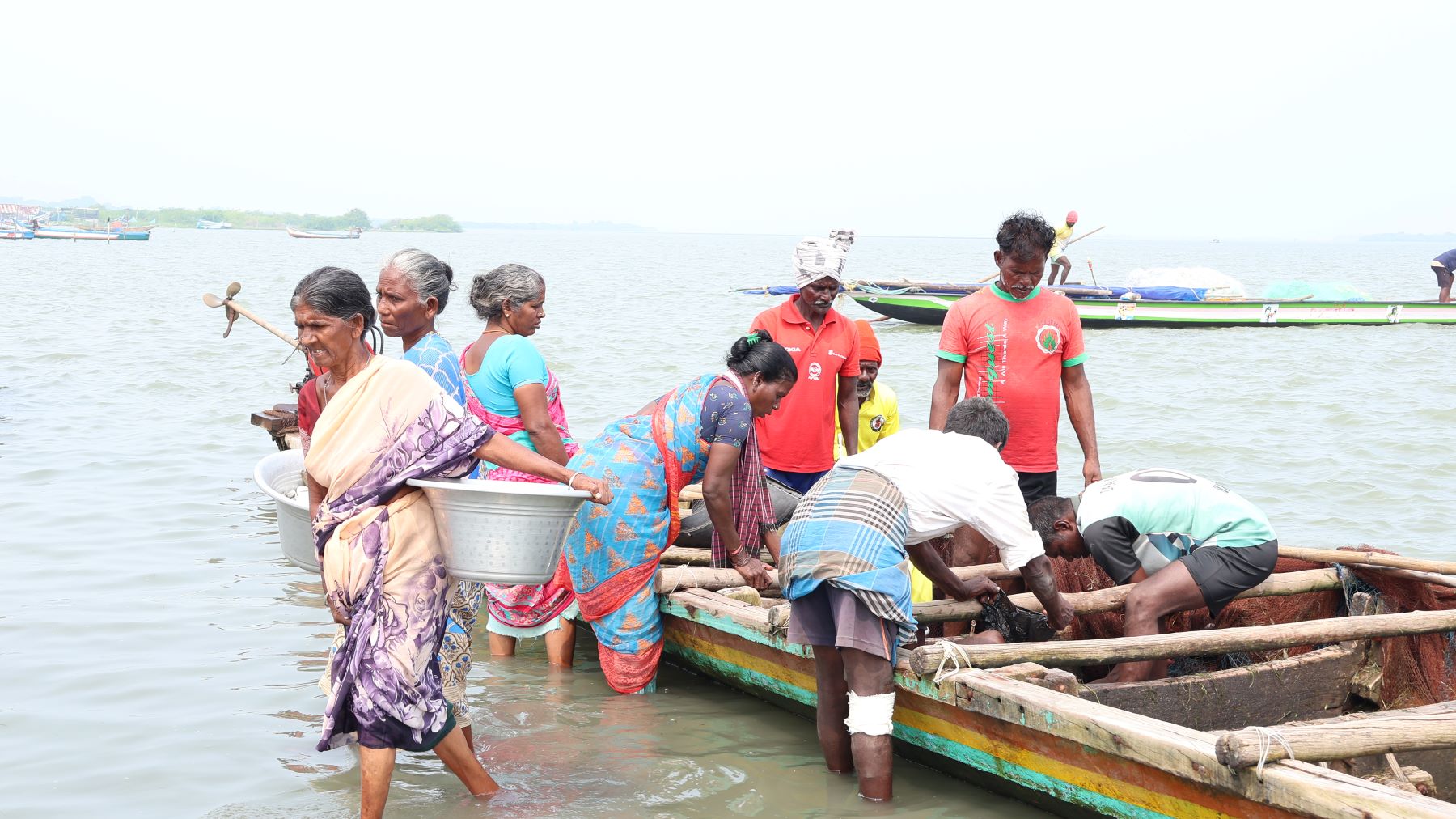
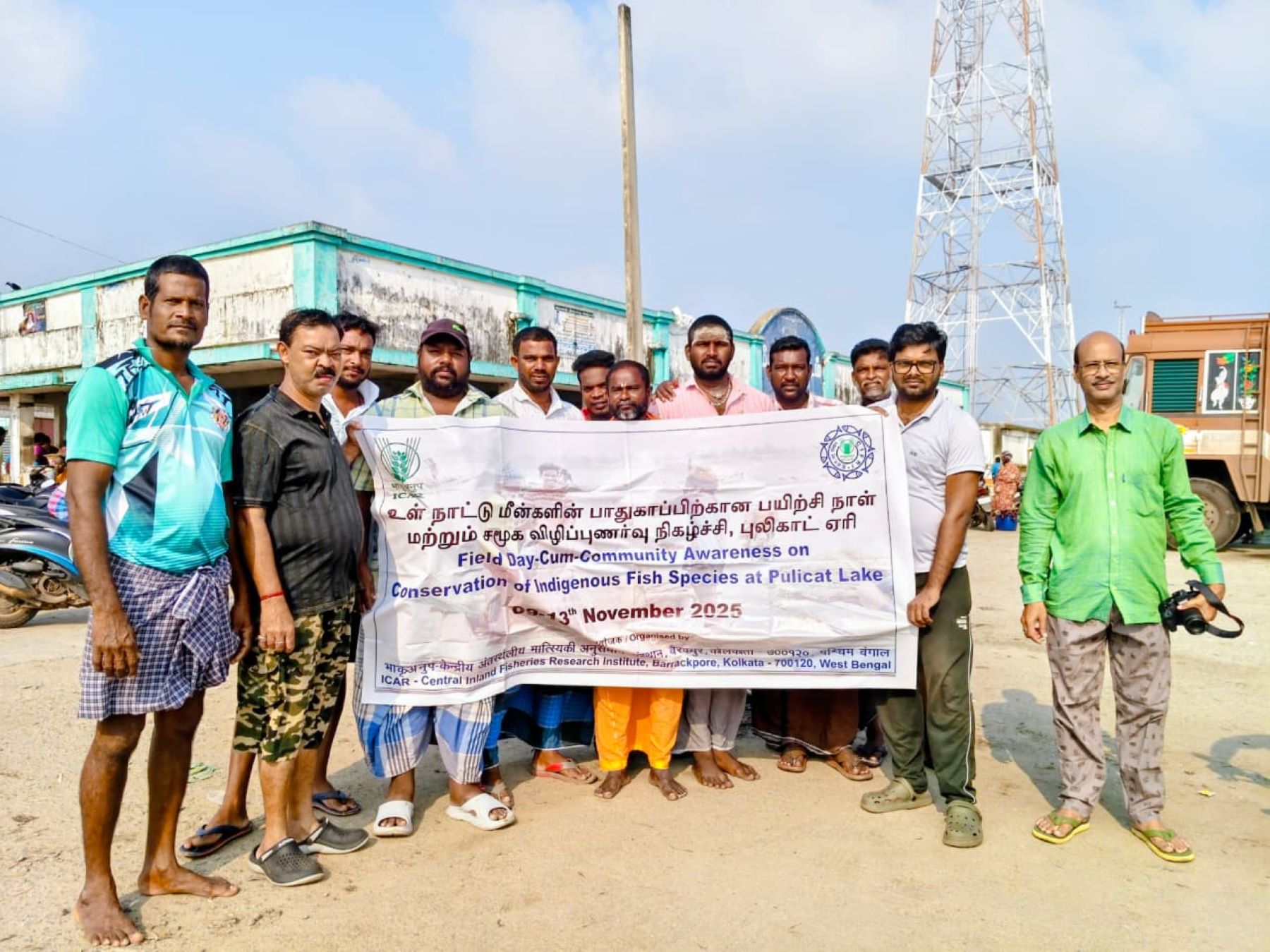
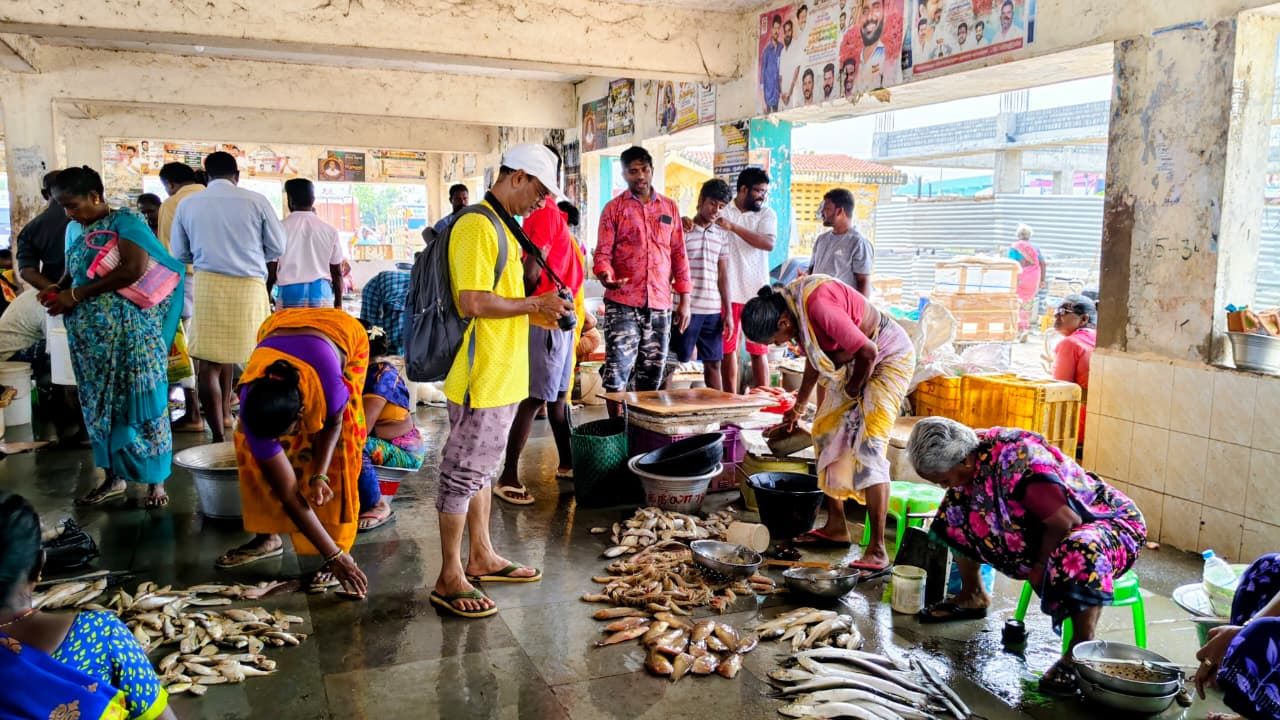
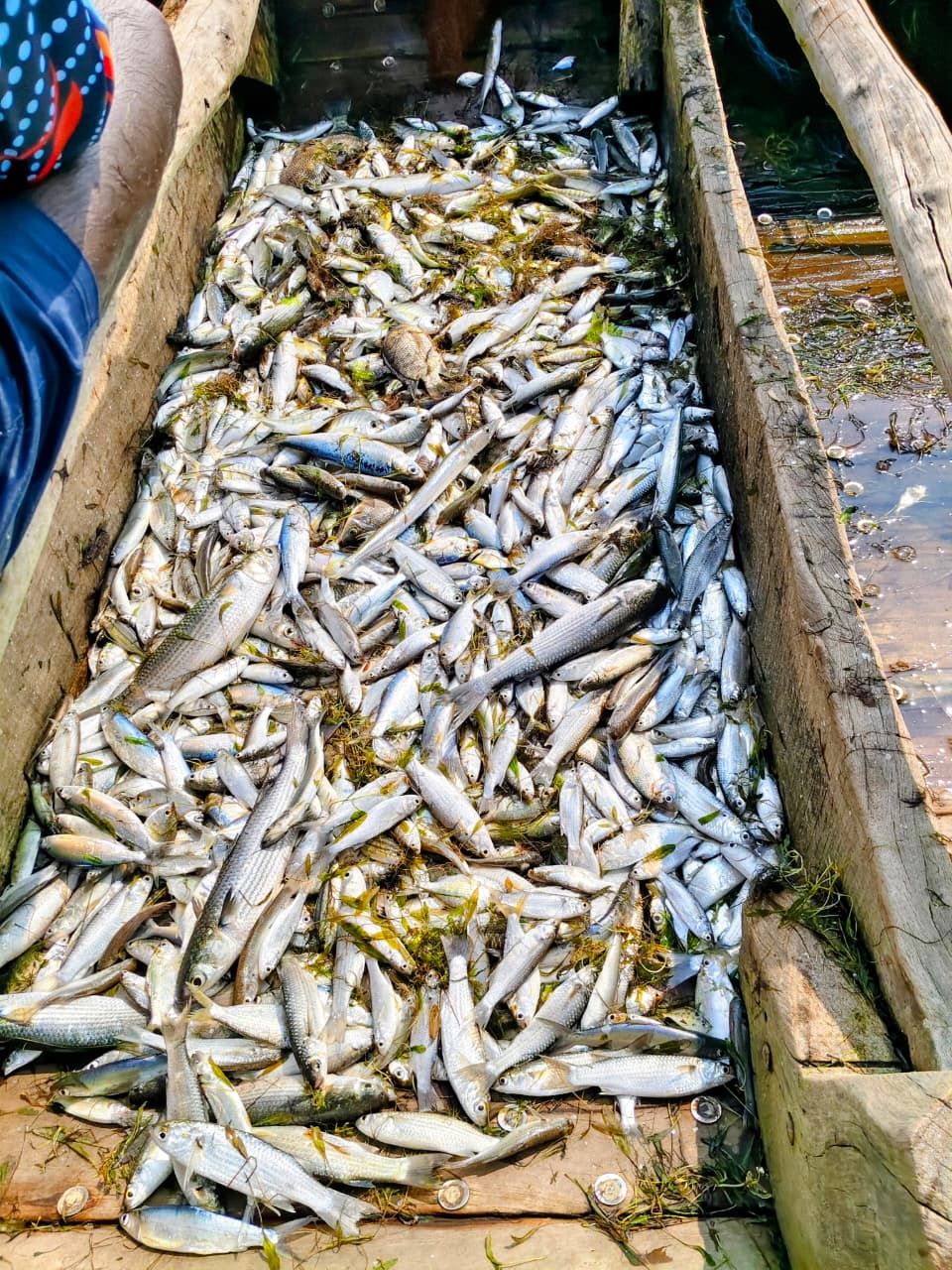 The survey found 61 finfish species in Pulicat Lake's various zones, demonstrating the lagoon's ichthyofaunal diversity. Mullets (Mugil cephalus, Planiliza subviridis) dominated the catch accounting for 29.51%, followed by carangids like Alepes djedaba and Caranx ignobilis (18.30%), tigerperches (9.84%), and siganids (13.11%). Milkfish (Chanos chanos) which made up 2.43% of the catch. The study, however, recorded increasing catch of exotics such as Nile tilapia (Oreochromis niloticus) and African catfish (Clarias gariepinus) demanding their continuous monitoring and management. Hopefully, Fisheries Department of Andhra Pradesh and Tamil Nadu are actively promoting ethical fishing practices, controlling catch, and protecting the fragile habitat. The field survey was carried out by Sanjib Kumar Manna, Dibakar Bhakta, and Hansraj Kumar under the guidance of Dr. Basanta K. Das, Director, ICAR-CIFRI.
The survey found 61 finfish species in Pulicat Lake's various zones, demonstrating the lagoon's ichthyofaunal diversity. Mullets (Mugil cephalus, Planiliza subviridis) dominated the catch accounting for 29.51%, followed by carangids like Alepes djedaba and Caranx ignobilis (18.30%), tigerperches (9.84%), and siganids (13.11%). Milkfish (Chanos chanos) which made up 2.43% of the catch. The study, however, recorded increasing catch of exotics such as Nile tilapia (Oreochromis niloticus) and African catfish (Clarias gariepinus) demanding their continuous monitoring and management. Hopefully, Fisheries Department of Andhra Pradesh and Tamil Nadu are actively promoting ethical fishing practices, controlling catch, and protecting the fragile habitat. The field survey was carried out by Sanjib Kumar Manna, Dibakar Bhakta, and Hansraj Kumar under the guidance of Dr. Basanta K. Das, Director, ICAR-CIFRI.
